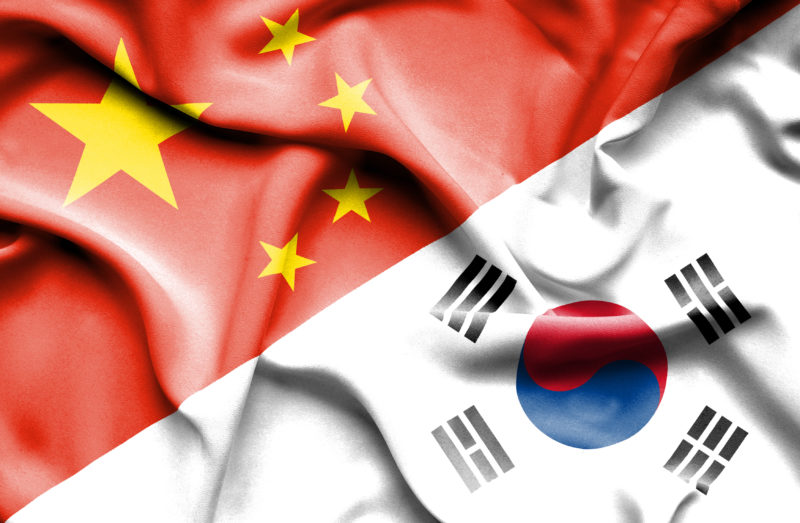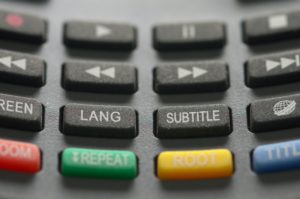Learning a foreign language is not an easy task. It’s often very complicated to understand and complex to learn. When it comes to learning Chinese vs Korean, these two languages can be extremely difficult to grasp. So, which is easier to learn? Well, there’s a lot to consider when you’re deciding which language to learn Korean or Chinese.
The difficulty of a language depends on a lot of factors. For English speakers, both Korean and Chinese can be difficult. Their different writing systems, grammar, and pronunciation all require a great effort to learn. But before you take the leap and spend your time and resources learning a new language, you should get a better understanding of both languages. And remember, there’s no wrong answer here. Whether you decide to learn Korean or Chinese, you’ll benefit from being bilingual.
What’s the Difference Between Korean and Chinese Writing?
Chinese and Korean both have separate alphabets. Chinese characters aren’t phonetic. Reading Chinese writing is a difficult thing to learn. Since Chinese is a tonal language, pronunciation can change the meaning of a word. English is not a tonal language, so English native speakers may have a harder time grasping Chinese speech patterns.
The Korean alphabet, on the other hand, is very easy to learn and understand. Hangul, as it’s called, is often referred to as the most scientifically accurate alphabet in the world. The letters are built based on pronunciation. That’s why Korean writing and speaking are closely related to each other.
Is Korean or Chinese Grammar More Difficult?

Korean grammar is very different from English. Their sentence structures and verb tenses can take a long time to master, but they are by no means impossible.
Here’s an example of a typical Korean sentence structure: a subject-verb construct. While Americans would say “I eat the food”, Koreans say “I food eat the”. Although that doesn’t sound logical in English, that’s how Korean grammar works.
While Korean grammar seems difficult, Chinese is equally complicated—if not more. The two languages are very different. In fact, Korean and Chinese grammar aren’t really comparable. They’re simply too different. Whichever language you choose, be prepared to spend a considerable amount of time understanding the logic of the language. But once you have a solid grasp on that, Korean and Chinese grammar become easy obstacles to overcome.
How Many People Speak Korean vs Chinese?

There are 75 million Korean speakers worldwide. This number is growing thanks to the increasing significance of Korean culture. K-Pop and Korean dramas help spread the language’s popularity. But, only recently has Korean gained widespread appeal outside of Asia.
Chinese on the other hand is the native language of 1.2 billion people. This is a huge difference in language popularity. It’s important to mention though, that there are seven different Chinese dialects. Mandarin Chinese, the most common of these, still makes up over 900 million speakers worldwide. That’s still a lot more native speakers.
Chinese is also more widely spoken. Most Chinese people reside in their homeland of China. Thailand, Malaysia, and the United States have the highest number of Chinese people living in it outside of China. And nearly 50 million Chinese people live in other parts of the world. This is a huge number of people and it would be easier for a Chinese language learner to find other people who know this language.
Which Language Should You Learn?
There are pros and cons to learning Chinese or Korean. Relatively, Korean would be an easier language to learn. Thanks to its phonetic alphabet and more simplistic grammar rules, Korean is not the most challenging Asian language to learn. Chinese on the other hand is much more widely spoken. This means that finding study materials and practice partners would be easier. Ultimately, you should choose whichever one would be more useful to you.
But as you learn, it’s important to rely on the most trustworthy language learning methods. Neither of these languages is easy to master. And you’ll need the best resources can help make your dream of foreign language fluency a reality. That’s why you should check out OptiLingo. Our platform uses Guided Immersion and the most current language learning theories, and cutting-edge technology to guide you through the most commonly used words and phrases onward to fluency.







